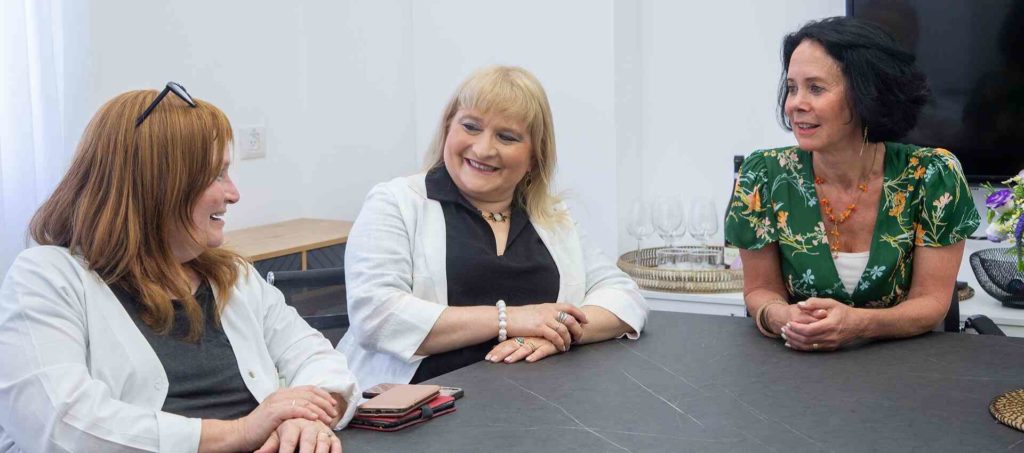Each year, Forbes Israel carefully compiles its Best Doctors in Israel shortlist, usually selected based on exceptional medical achievements. But this year, it was clear that the honour belonged to doctors at the forefront of the battle against the Coronavirus pandemic.
Three courageous medical leaders have made this year’s cover, amongst them, Professor Sigal Sviri, Head of Hadassah Hospital’s COVID-19 Outbreak Intensive Care Unit. Together with her counterparts, Professor Galia Rahav, Head of the Corona Department at Sheba Medical Centre and Professor Idit Matot, Head of the Coronavirus Unit at Ichilov Medical Centre, it’s safe to say that Israelis are in good hands.

As the longstanding Director of Hadassah Ein Kerem’s Medical Intensive Care Unit, Professor Sviri is used to treating patients with the most complex medical problems. But, since the pandemic emerged, Professor Sviri relays:
“We haven’t had a break for even one day. Our work is around the clock- treating only the most critically ill patients. We don’t see an end in sight. This period has been extremely fascinating, but also challenging. We are completely focused on trying to save as many patients as possible- day and night. We have tremendous drive and ambition to fight for every patient and for every respirator.”

Although Israel managed to ‘flatten the curve’ of COVID-19 infections at the onset of the pandemic, a second wave has emerged since lockdown and social distancing measures were eased in mid-May. COVID-19 wards in hospitals are once again filling up with infected patients and pushing capacity. Professor Sviri shares:
“There is a dire shortage of intensive care beds. Infrastructure and staff are the most important right now. It’s great that advanced medical technologies and innovative treatment methods are being developed, but without it going hand in hand with a system that will support patients when they need urgent and immediate treatment – it’s not worth anything. The low mortality rates are largely due to our highly skilled and professional staff but we have a severe shortage of them at the moment.”
Professor Sviri is also looking ahead and gearing up for the winter and flu season, when a third wave of infections may cause even greater stress on the healthcare system. She is taking every precaution and preparing her teams.
“The pandemic changed the way we perceive life and instilled in us a new sense of modesty- as this tiny little virus caught all of humanity, completely off guard.”




